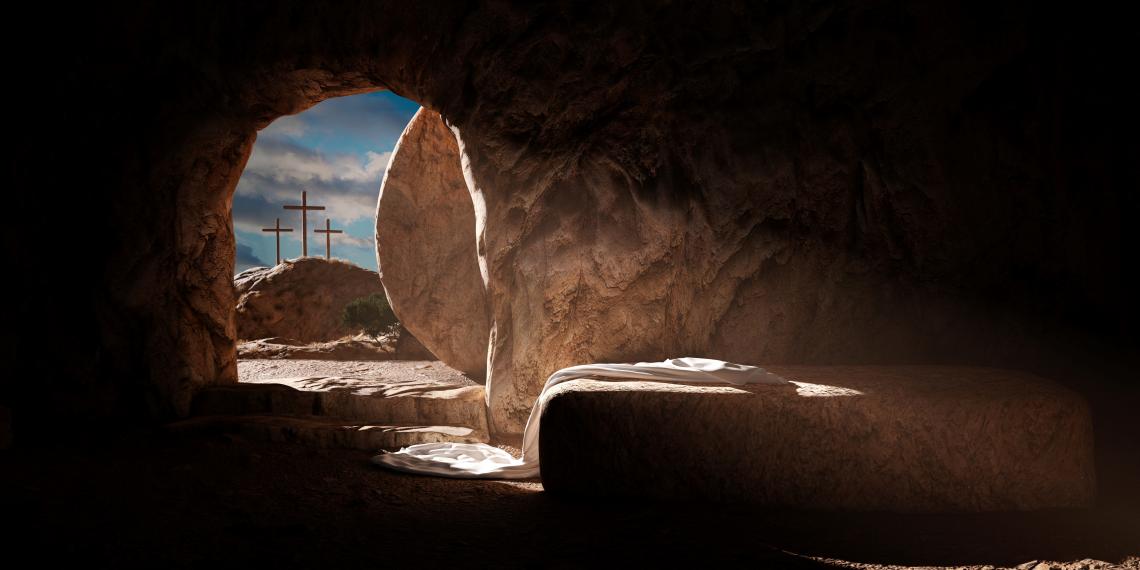You are here
Not Just the Cross, but My Cross

When I walk into a chapel for the first time, I always look for the cross. And when I find it, my eyes become fixed upon it, my mind is set on the sacrifice that Jesus poured out for me, and my heart is stirred with gratitude for the new life it has brought me.
The vision of the cross compels something in believers; a simple shape, but a strong symbol for our blood-bought salvation that stirs deep feeling in each of us. The great hymn-writer Isaac Watts put it like this: ‘When I survey the wondrous cross on which the Prince of glory died, my richest gain I count but loss, and pour contempt on all my pride.’
This hymn, published in 1707, is the first known hymn to be written in the first person, and it powerfully brings us into the picture of the crucifixion. The cross holds the weight of the whole world, but we are confronted that it holds my sin, my shame, my pride; and it holds yours too. We know that Jesus took it there, out of love, so that we did not have to suffer. And he left it there with his last breath: It is finished.
And, yet, the cross does not dwell in death and darkness, but the resurrection power of the cross gives life! Life in such abundance, that it brings death to death. It brings healing, transformation, truth, reconciliation, salvation, and so much love … And throughout eternity, the cross of Christ stands so that we never forget that no matter what, we are loved by God.
Now, however glorious this revelation is to us, we don’t want to stay at the cross of Good Friday because Jesus is no longer there. He left that place of bitter suffering and sweet sacrifice for something far greater, and he calls us to join post-Resurrection life with him! As we revisit the story of Easter, we are invited to share in Paul’s testimony of Galatians 2:20, ‘My old self has been crucified with Christ. It is no longer I who live, but Christ lives in me. So, I live in this earthly body by trusting in the Son of God, who loved me and gave himself for me.’
My prayer, this Easter and beyond, is that we would seek opportunities to return and sit at the foot of the cross. To look upon it and acknowledge – with our weeping, with our gratitude, in an act of confession, in the overflow of our joy – the truth that no matter what, God loves us.
But my prayer is that we would not stay there. But instead, we would be like the women who ran from the tomb to tell the disciples of the resurrection. We need to be up and on-our-feet, ready to go and share the good news of Jesus with others. And, just as Paul urges us, we must take full advantage of the life that we now have in Christ, no longer living for ourselves but for Him. We need to sing aloud our salvation story! God’s love requires action and response; love so amazing, so divine, demands my soul, my life, my all.
In His Love, Shelley
